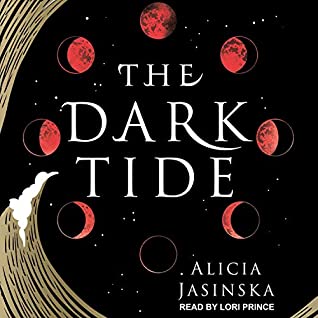Amazon Affiliate Link | Bookshop.org Affiliate Link
Cara is a traverser in a world where travel between universes has been discovered. In most worlds, she’s dead, making her the perfect candidate for the job, as traveling to worlds where your counterpart is still alive results in your death. But the protagonist isn’t all she seems, and neither is the company and people she works for. Once she learns the truth about the business of multiverse travel, she must decide where she really belongs.
There are so many layers complementing each other, showcasing the intricacy of the issues presented. It’s a story about class divide, power, ethics, morality, capitalism, family and relationships. Every element is intertwined with one another, making Cara’s journey complex as she navigates who she really is.
The whole book is incredibly well-paced, with plot twists you never see coming and happening just at the right time. Perhaps this is because Cara is an unreliable narrator and you only ever see the world through her eyes. As she perceives her role in multiverse travel and ignores the bigger picture for much of the story, it’s hard to see what’s coming. This is what makes her such a compelling main character and the story so entrancing.
Johnson creates a dynamic duality of science and religion with the concept of traversing. During the process, traversers experience trauma that leaves them bruised, and if done too frequently with no breaks between jumps, even causes broken bones. Cara describes it as pressure as her body pushes the boundaries between worlds. She and the other traversers refer to this phenomenon as the goddess Niameh giving them a kiss. But the scientists behind traversing simply explain it through logical means, referring to physics and biology. There’s also a layer of Niameh representing beliefs other than white Christianity.
Through Cara’s backstory and memories, there are nuanced discussions of being a victim of abuse. The multiverse shows what can be if people’s circumstances are different. At the same time, it puts on display how complicated emotional ties are between abusers and their victims. It brings to mind questions like, “Can you love someone who is abusive, especially if you know the kindness they’re capable of?” and “Can you resent a kind person you know is capable of violence and abuse they haven’t committed in this world, but have in another?”
Cara’s character arc takes her from hating where she comes from, Ash, to accepting who she is and where she’s from is nothing to be ashamed of. She longed to become part of Wiley City for so long, only to find it wasn’t as bright and shiny as it appeared on the surface. To become Wiley was to accept a definition of success determined by those in authority, rather than success on her own terms.
I listened to the book on audio, narrated by Nicole Lewis, and I highly recommend it if you like listening to fiction on audio. Lewis is a charismatic narrator and brings every character to life.
Content warning: abuse



